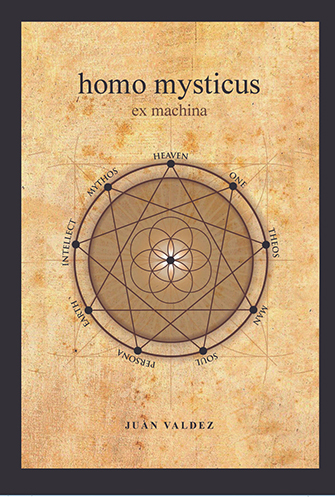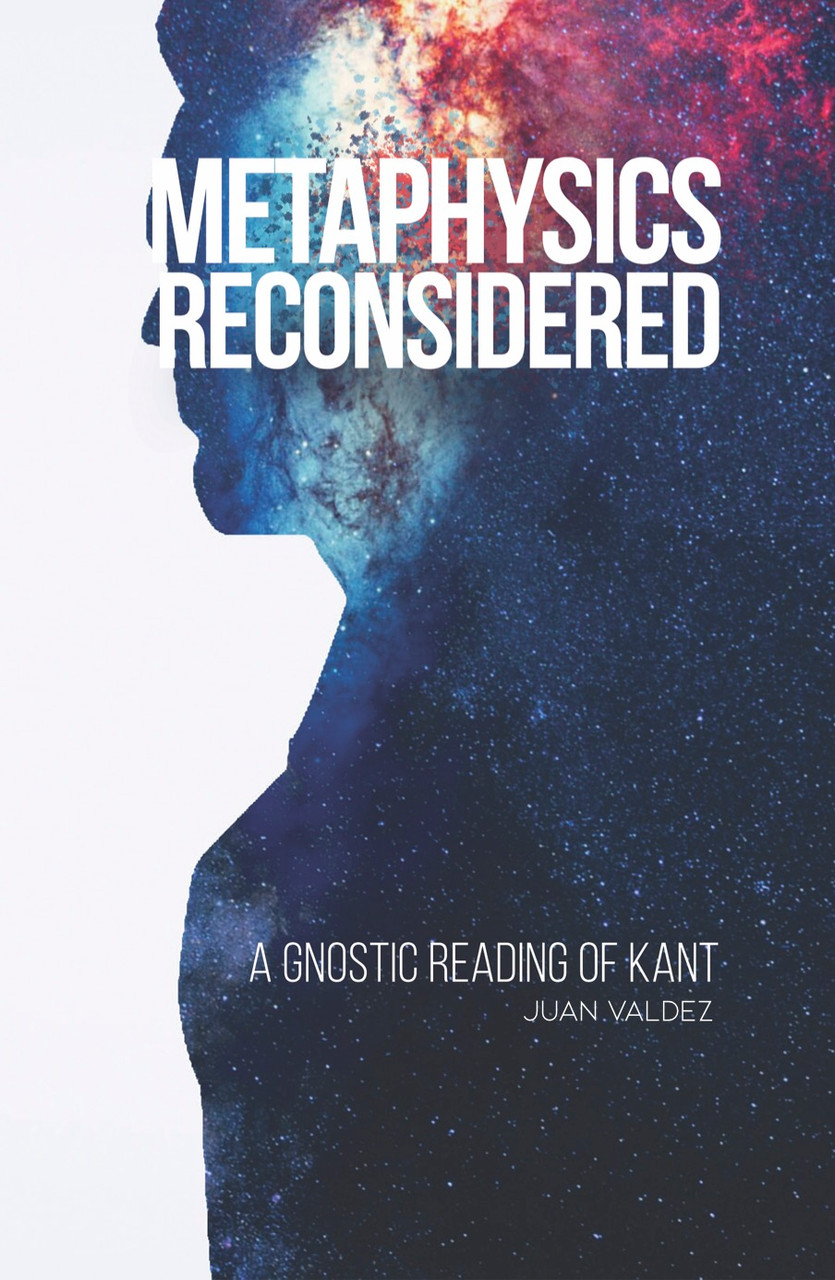Latest Updates

DEBRA: On the Unsupervised Learning of Concept Hierarchies from (Literary) Text
With this work, we introduce a novel method for the unsupervised learning of conceptual hierarchies, or concept maps as they are sometimes called, which is aimed specifically for use with literary texts...
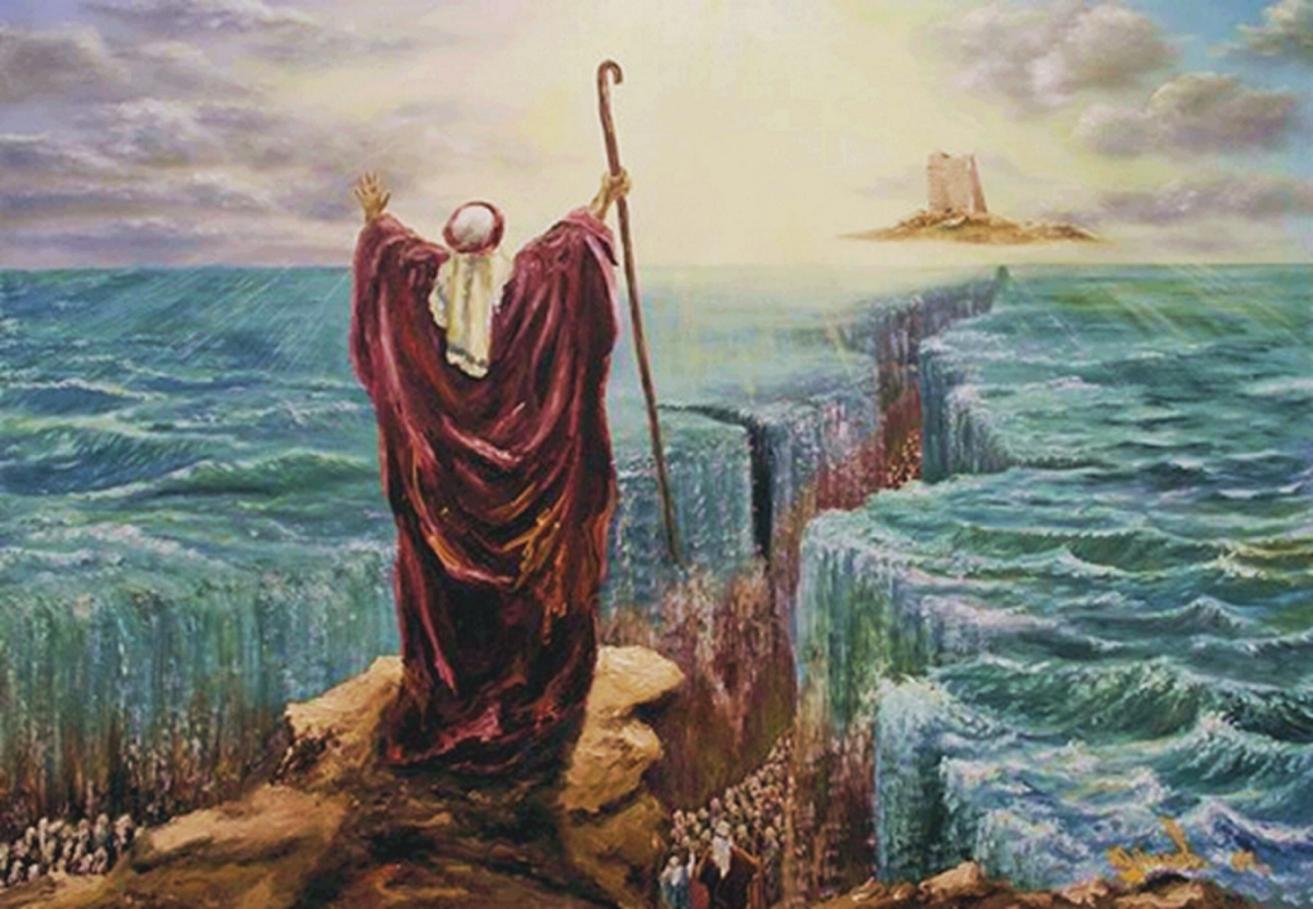
A Walk with Moses
Moses and his One God: Jewish Roots
Christianity and Islam are the most wide spread and influential monotheistic religions in the world today by any measure, and both sprung from and were heavily influenced by the monotheistic religions, and…
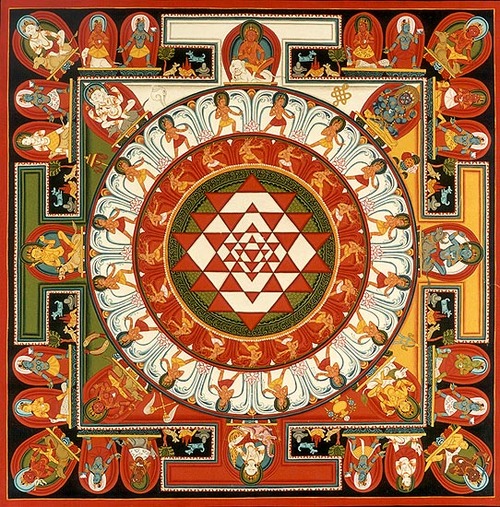
What is Vedanta?
Introduction
The ancient Indo-Aryan civilization sprung forth in the Indus valley region in modern day India and Pakistan (to the ancients Eastern Persia), and was the source of the “Vedas”, some of the oldest extant literature of mankind.…
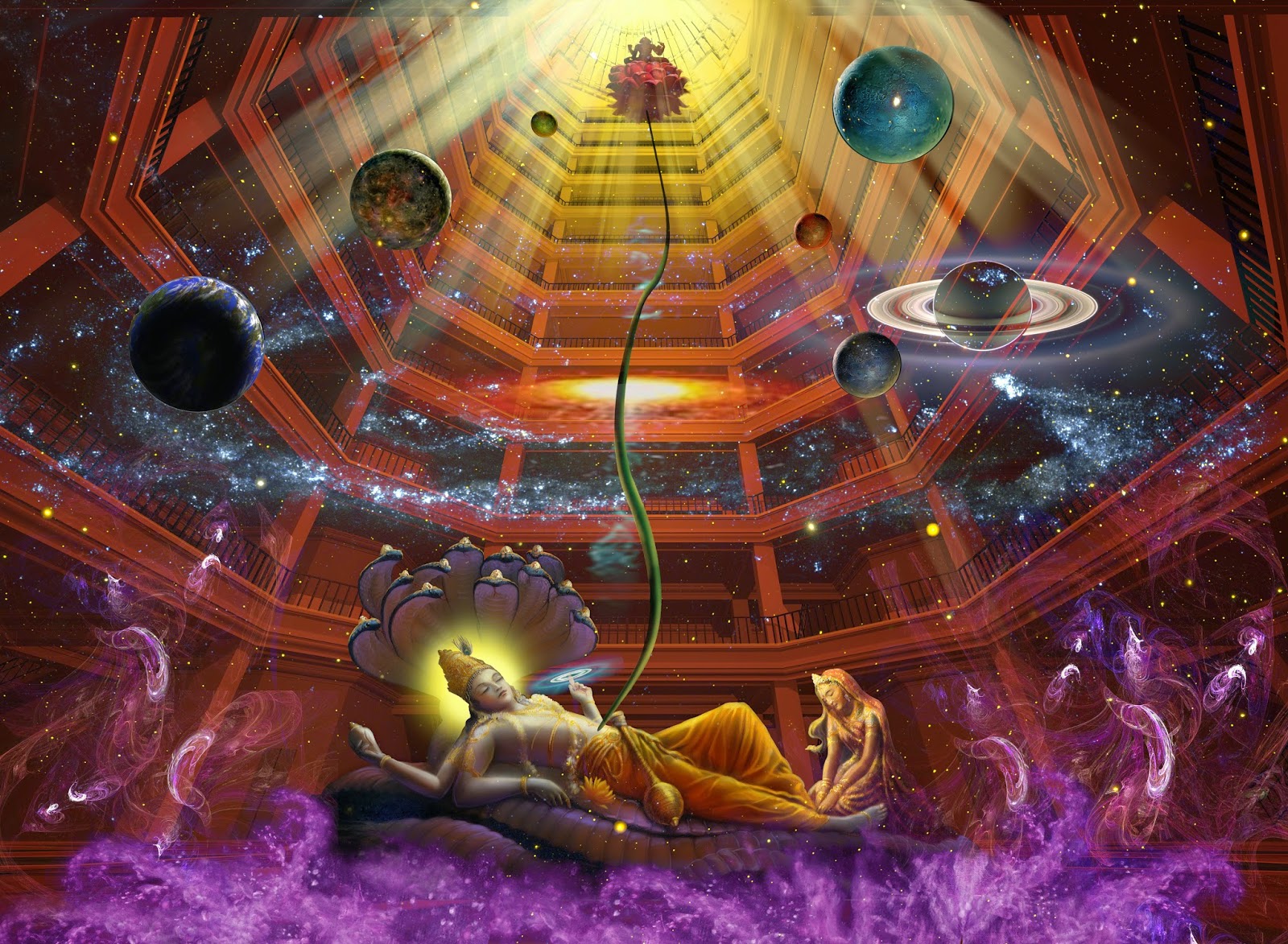
Vedic Cosmological Narratives (Part II)
The Hymn of Purusha: God Takes Shape[1]
While the preceding passage from the Rig Veda contains some of the root kernel philosophical elements of Vedic philosophy, there is another passage from the same collection of hymns dating back to the…
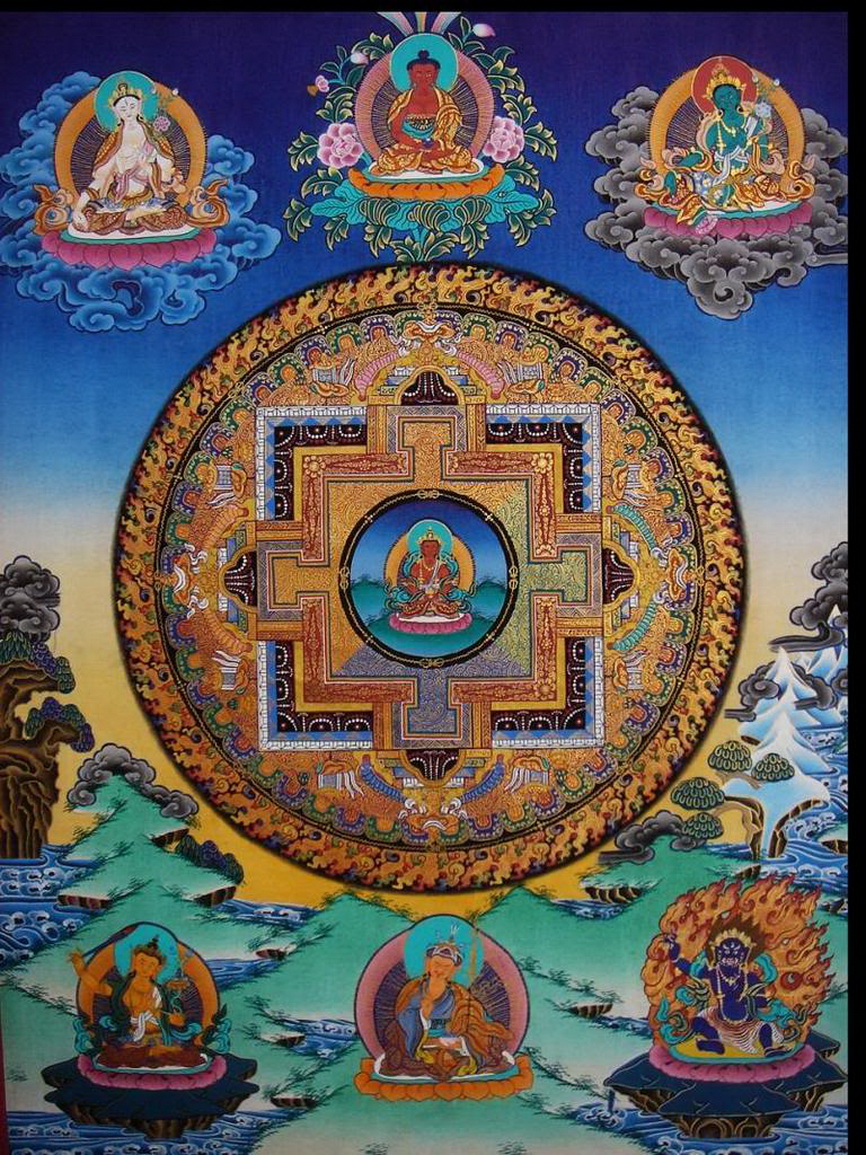
Vedic Creation Narratives and Philosophy: Brothers in Arms (Part I)
When looking at the Indo-Aryan tradition, given its age and maturity and its fundamental belief and faith in the unity of man and the universe from which he emerged (unique to the Eastern religious traditions in general), a line can be drawn…
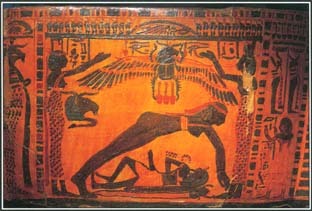
Creation Stories of the Ancient Egyptians: Order (Maat) from Chaos
Cultural Context
As Charlie began to delve into the mythology of the Ancient Egyptians, and in particular their cosmology, or mythological description of the origins of the known universe, he found that a narrative of mythology or a book of…
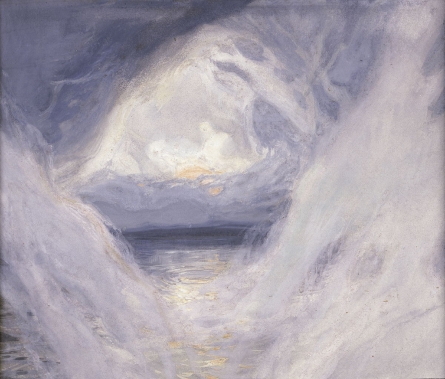
Creation Mythology in Antiquity: Order out of Chaos
Introduction: Creation Myths in Antiquity
Any cursory study of Egyptian and Sumer-Babylonian creation mythology yielded parallels and similarities, but was much less clear and open to debate was whether or not these similarities, these mythemes…
Latest Books
Homo Mysticus: ex machina
Homo mysticus is a book about the science of mysticism, seen through the lens of ancient cosmogony and sacred geometry. This book connects the spiritual and the otherworldly to the practical and tangible in a refreshingly down-to-earth way. This book is a must-read for anyone interested in the subjects of both mysticism and science.
Metaphysics Reconsidered
This work sits at the tail end of a progression of studies into theology, mysticism, and philosophy which reaches its apex here philosophically. It builds off of the understanding of the (shared) foundations of theological, mystical, and philosophical knowledge from antiquity that we explore in Theology Reconsidered and Homo Mysticus that have…

